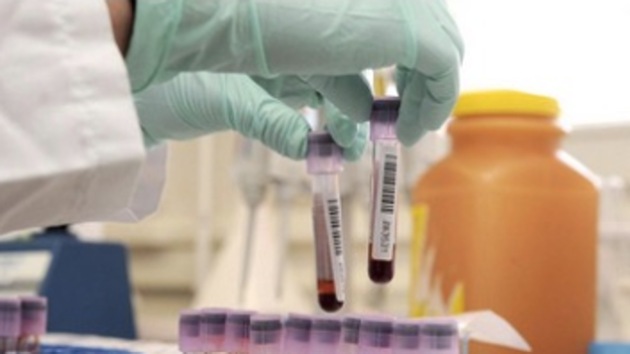2022 Birmingham CWG: Nations will lose berths if weightlifters are caught for doping
The Commonwealth Games Federation’s move could hit countries with poor doping record like India
Countries whose weightlifters test positive for doping during the qualifying period for the 2022 Birmingham Commonwealth Games will be penalised with the Commonwealth Games Federation (CGF) announcing reduction of quota places for each offence.

Each dope violation will result in the reduction of one quota place for that country. A nation could be barred outright if four of its lifters test positive during the qualifying period—January 1, 2021 to February 14, 2022.
“During the ranking period the maximum number of athletes by CGA (C’wealth Games Association) will be reduced by one if any weightlifting athlete and/or athlete support personnel (even if the athlete does not make it to the IWF Commonwealth ranking list) from that CGA records an anti-doping rule violation (ADRV) through testing or investigation conducted by the Independent Testing Agency (ITA) and/or any other WADA approved Anti-Doping Organization,” the CGF has announced.
The decision was made when it finalised the athlete allocation system for weightlifting for the Birmingham Games a few days back.
The rules, agreed with the International Weightlifting Federation (IWF), have been communicated to all member associations and their respective national weightlifting bodies.
If lifters from a country return four anti-doping violations during a 12-month period in tests conducted by the IWF or international testing agency, that country will be disqualified from participation and the case will be handed to the Independent Member Federations Sanctioning Panel.
“The Independent Panel has the jurisdiction to impose sanctions in accordance with Article 12 of the IWF’s Anti-Doping Rules. In the case of a CGA/athlete becoming ineligible to accept a qualification slot(s) as a result of an ADRV or sanctions imposed by the Independent Panel, in line with the IWF’s anti-doping rules the respective slots shall be reallocated,” a CGF spokesperson informed.
The CGF has allocated 180 quotas (90 each for men and women) for weightlifting competitions at Birmingham. A country can field a maximum of eight lifters in either category.
The new rules could spell trouble for the Indian Weightlifting Federation (IWLF) as the country has the worst anti-doping record at Commonwealth Games level. India’s quota for the Tokyo Olympics was reduced by one because of 13 anti-doping rules violations since the 2008 Beijing Olympics.
In 2019, Gold Coast Commonwealth Games gold medallist Ravi Kumar was handed a four-year ban for failing a dope test. Another 2018 Games medallist Pradeep Singh was handed a provisional suspension of four years a few months back after testing positive for human growth hormone.
Chief national weightlifting coach Vijay Sharma supported the move. “We received a letter regarding this new rule a few days back. This is the right move as there should be no support for anyone violating anti-doping rules. Only strict implementation of such rules will remove the stain of doping from weightlifting,” Sharma said as he and eight weightlifters (5 women, 3 men) assembled in Mumbai for the national camp.
Won’t a clean athlete be deprived of a chance to participate?
Sharma said it can’t be helped. “There has to be collective responsibility among all stakeholders to ensure there is no doping in the sport. Yes, somebody will miss a chance to participate in the Games for no fault of his. But this has to be done,” he added.
He will discuss the new rules with the lifters at the camp, where the focus will be on preparing for the Asian championships expected to be held in March, where India hope to gain a quota place.
Of the three weightlifters who can qualify for Tokyo Olympics, two have qualified on the basis of rankings. Sharma is hopeful India will bag the remaining quota at the continental event.






